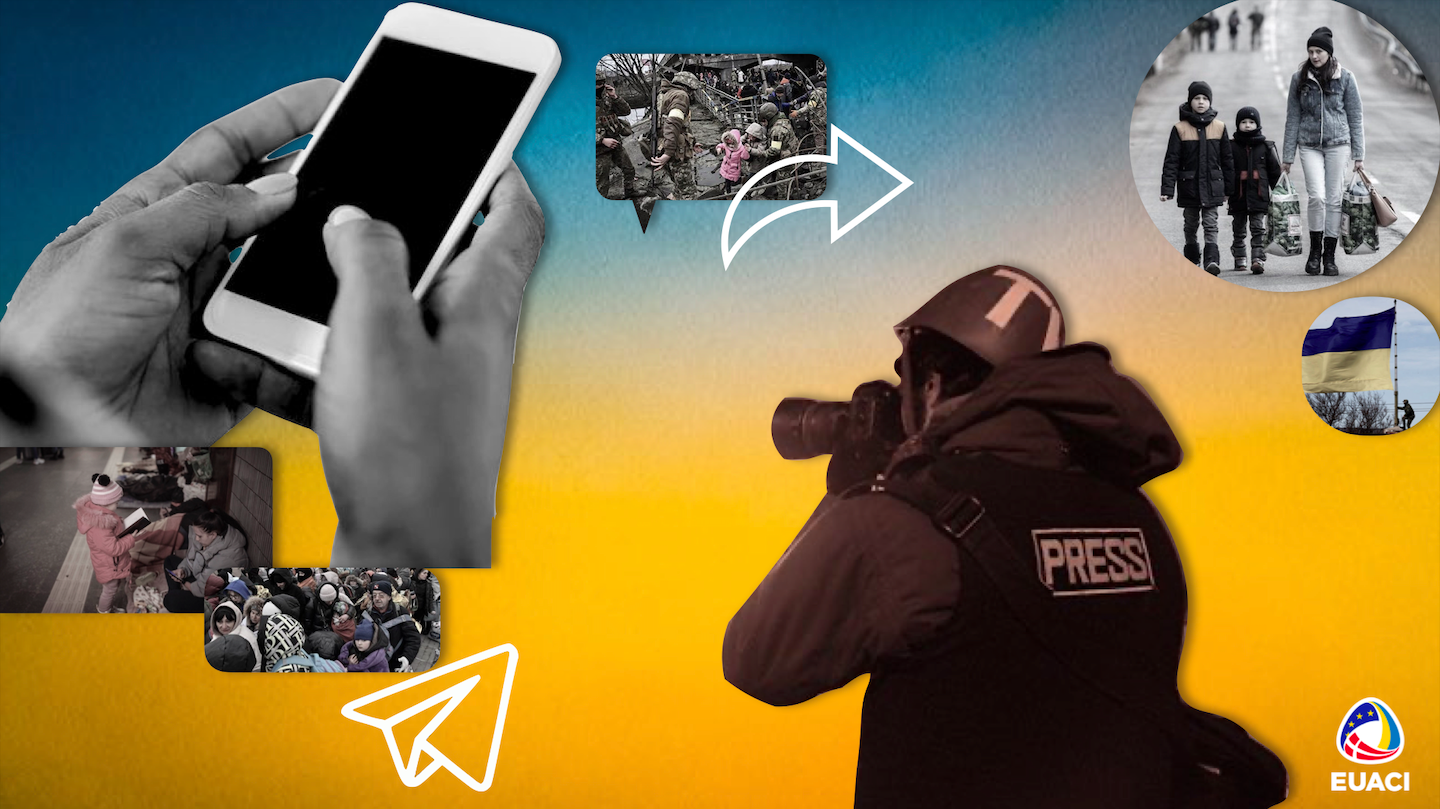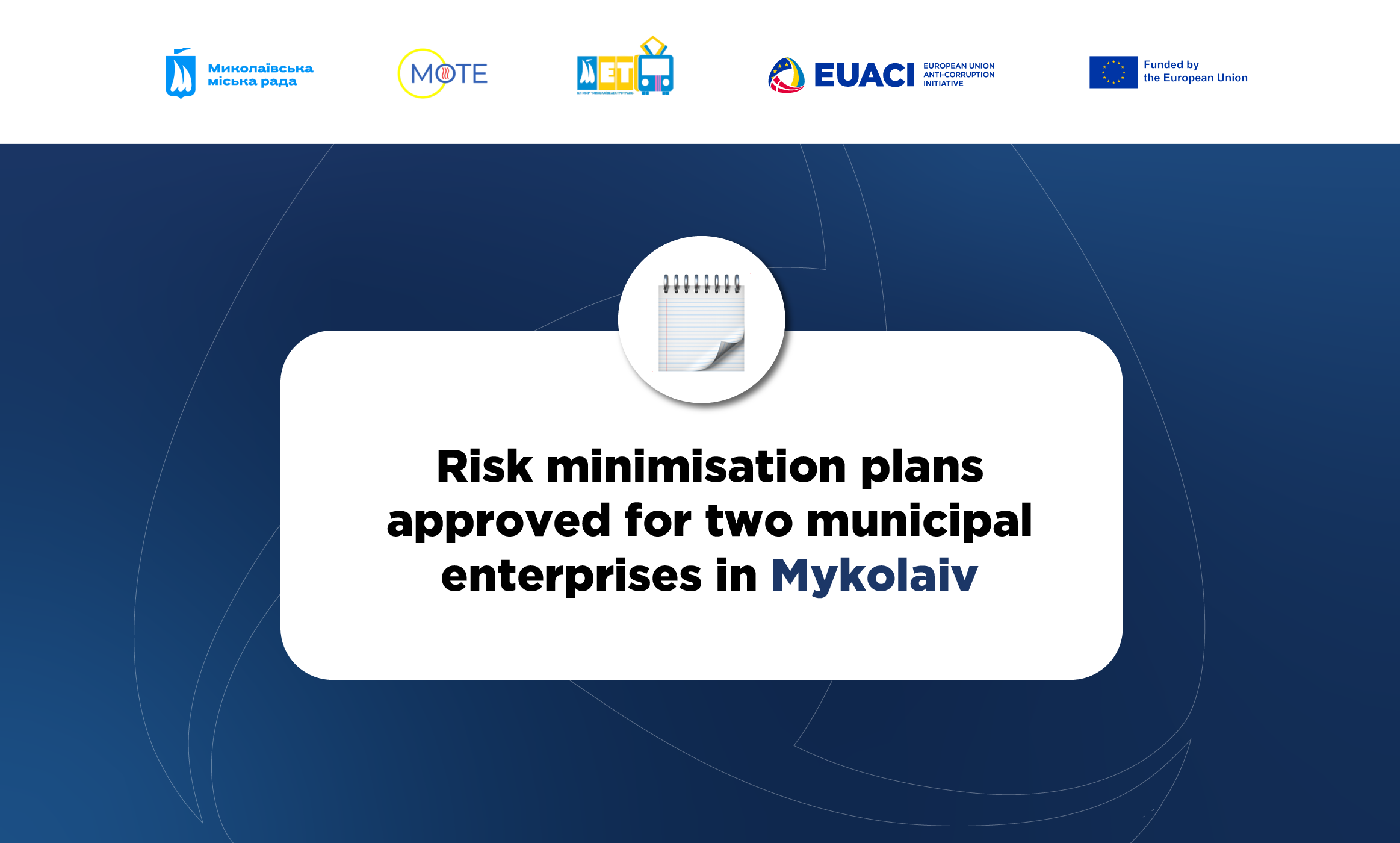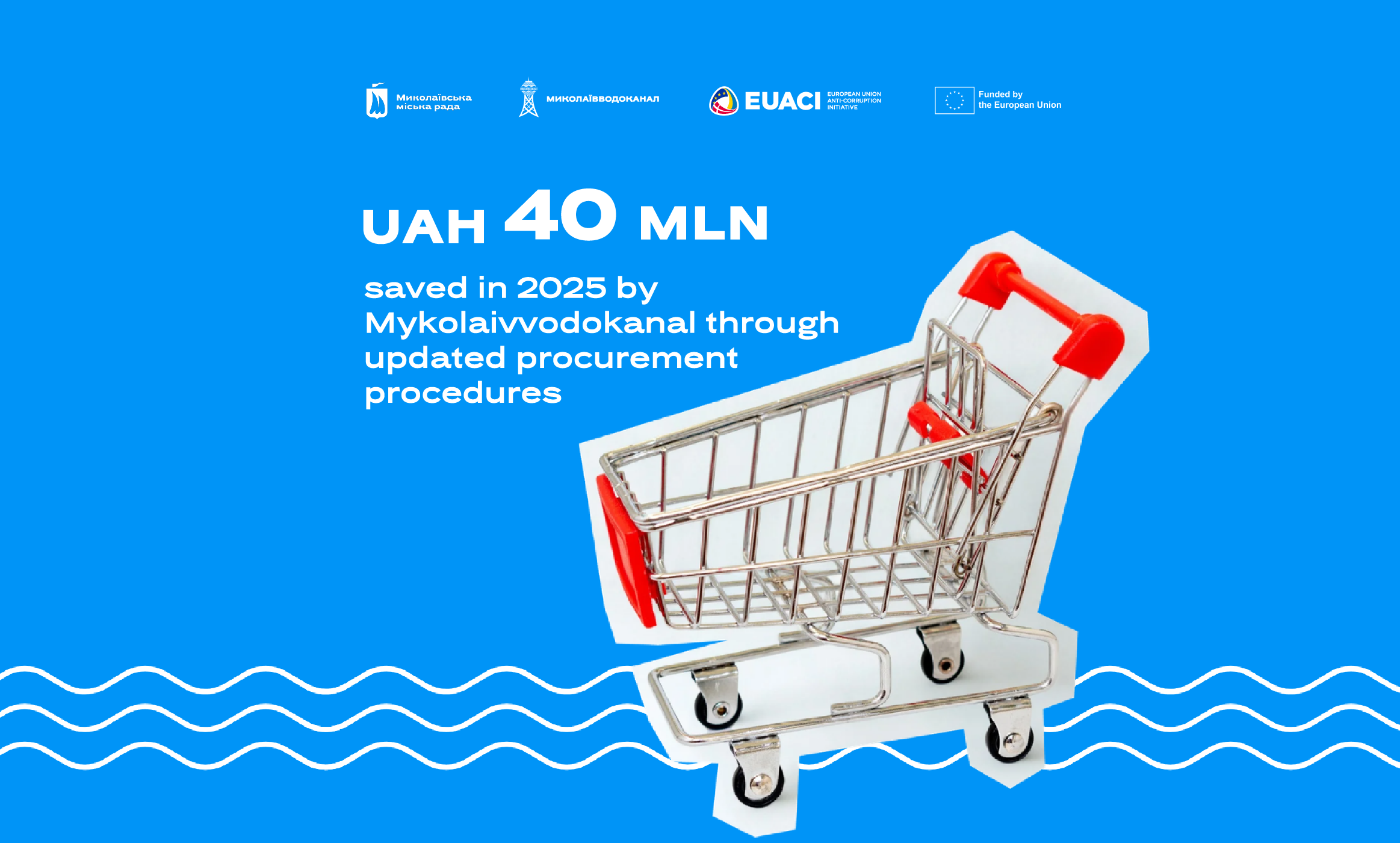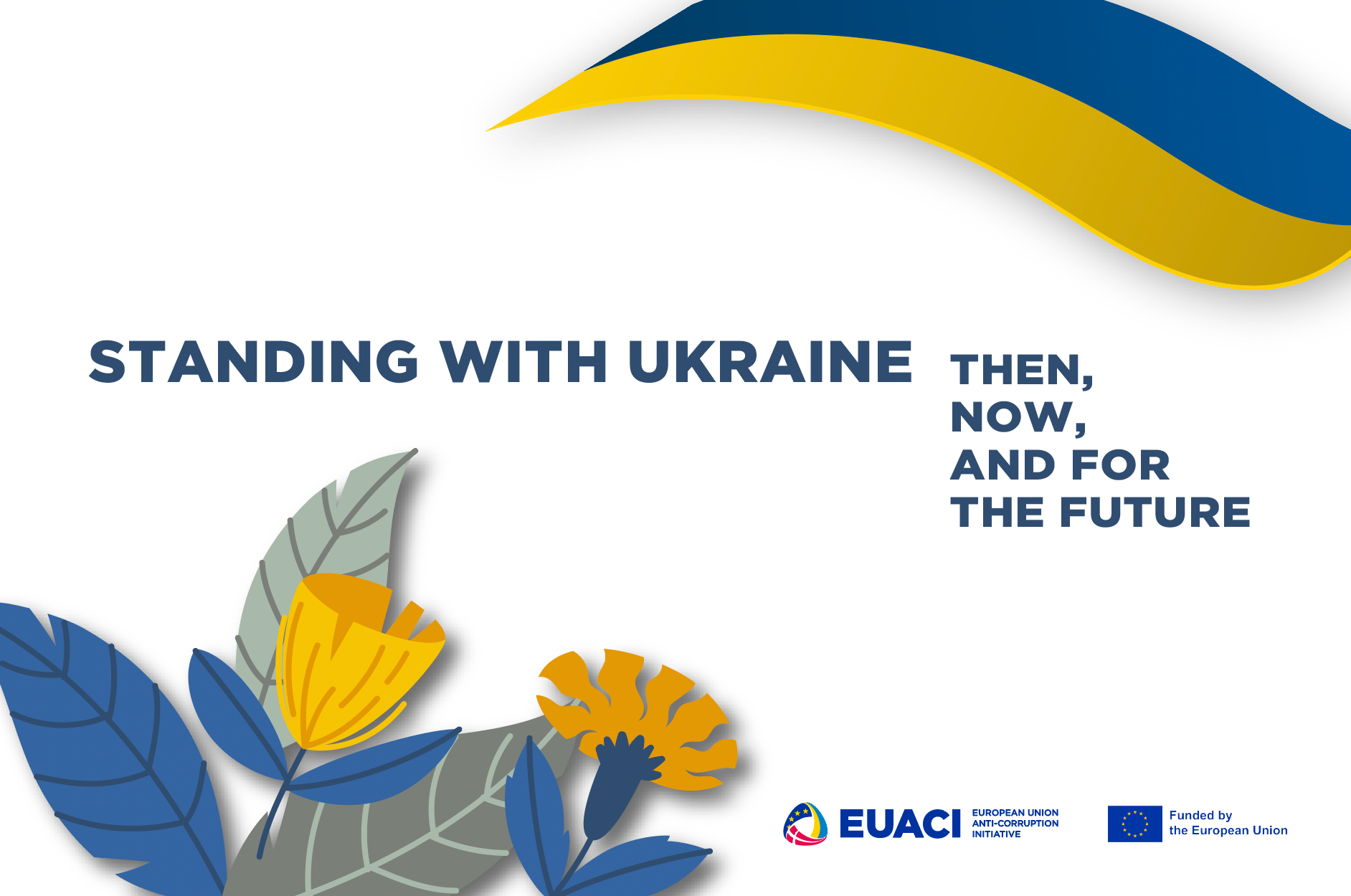
The Media Development Foundation (MDF) was founded in 2013 as a response by independent journalists to the repression of the press by the Yanukovych regime. Through February and March this year, the foundation has been preoccupied with protecting independent journalism from a new oppressor. The MDF activity report from the first two months of the war shows how the organisation by the support of the EUACI has done exactly this.
MDF believes that a vibrant and free media is critical to social, political and economic development, particularly in post-soviet states. They provide the tools and training needed to make media strong, help newsrooms find sustainable ways to grow, and make them more effective at delivering change by creating powerful content and engaging with their communities.
With the start of the full-scale military aggression by Russia, the MDF has completely shifted its efforts to helping independent Ukrainian media, especially regional and local newsrooms. In the activity report, they report on all activities that were implemented by the organization during the end of February and during March. You can find the FULL REPORT HERE.
When the war began, MDF launched the Ukrainian Local News Emergency Fund aimed to preserve the local media ecosystem and help them reorganize their work and better adapt to the conditions of war.
A tragic tendency of numerous journalists getting killed or disappearing also occurred in the beginning of the war. To better protect Ukrainian journalists, MDF together with their partners purchased and delivered security gear of approx. 440,000 EUR which included bulletproof vests, helmets, combat application tourniquets, emergency bandages, as well as various amounts of ballistic glasses, tactical first aid kits, chemical protection suits, and gas masks.
The war created a demand among media organisations for a comprehensive review of all activities and a restart of their work. MDF has developed and launched a step-by-step program to assist independent regional media outlets in doing this. The program includes consultancy of content, distribution, and management and is targeting to engage 50 independent regional media from key Ukrainian cities.
MDF assist media outlets with human resources. This includes introducing alumni to media outlets but also the creation of a database of freelancers who can join the content production, including the development of a support program for them.
MDF has also conducted extensive surveys, trainings, and examinations to improve field knowledge and to identify and target the main challenges in independent media caused by the war.
MDF has assisted media outlets in relocation, including individual advisory assistance on safe locations, safe routes, fuel, etc. The activity involves solving logistical challenges, equipping new workspaces, and organising additional consultations regarding the process.
Finally, MDF has established a Coordination Center based in Chernivtsi. Already in the first days of its operation, the center has shown its effectiveness: today it keeps in touch with 90+ media organizations, provided emergency financial support to over 70 media organizations, and another 30 requests are being processed.
The MDF is actively fundraising to continue those activities. Please feel free to share the report with any contacts who may be interested in contributing through media/CSO support programs.


